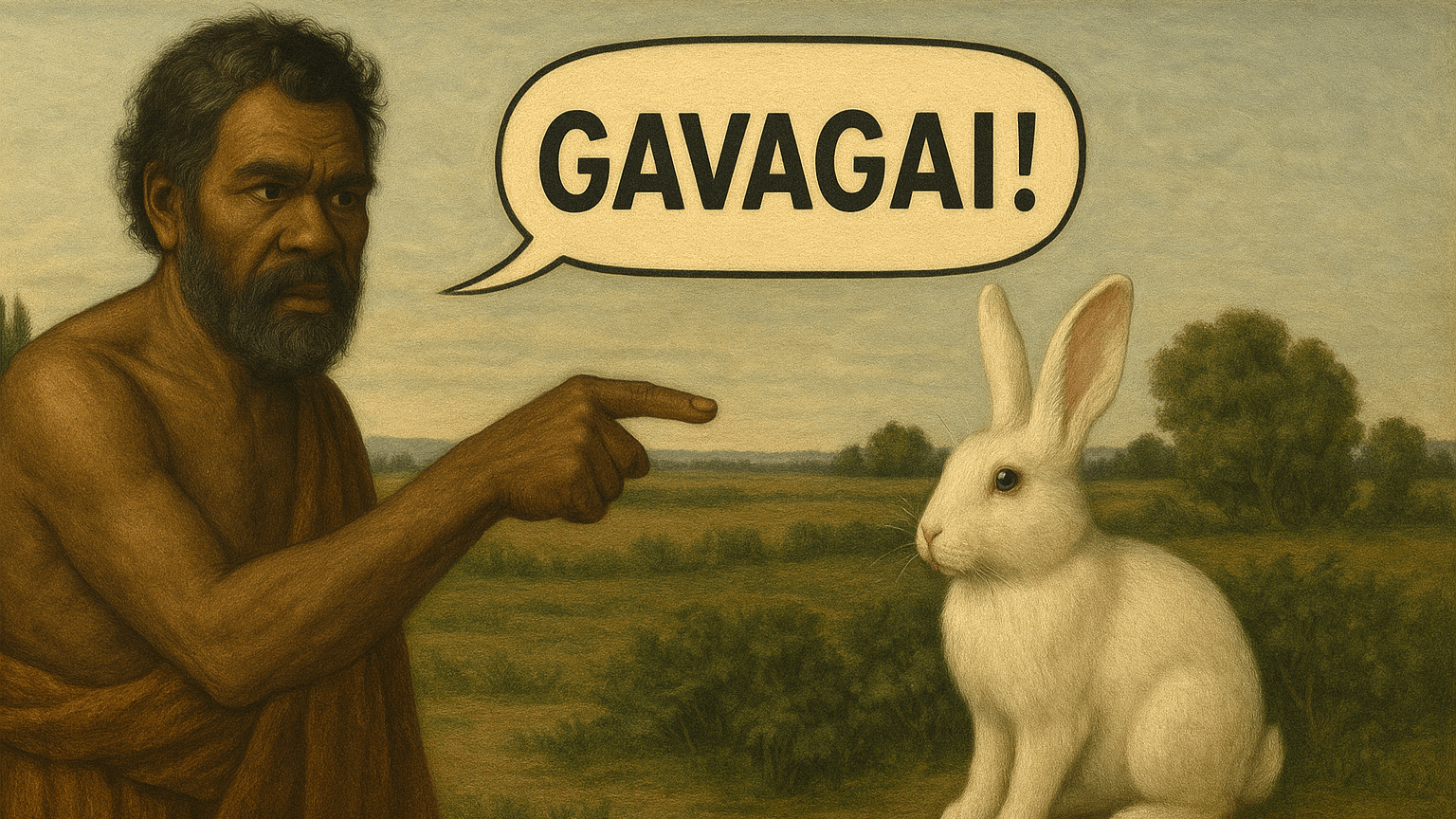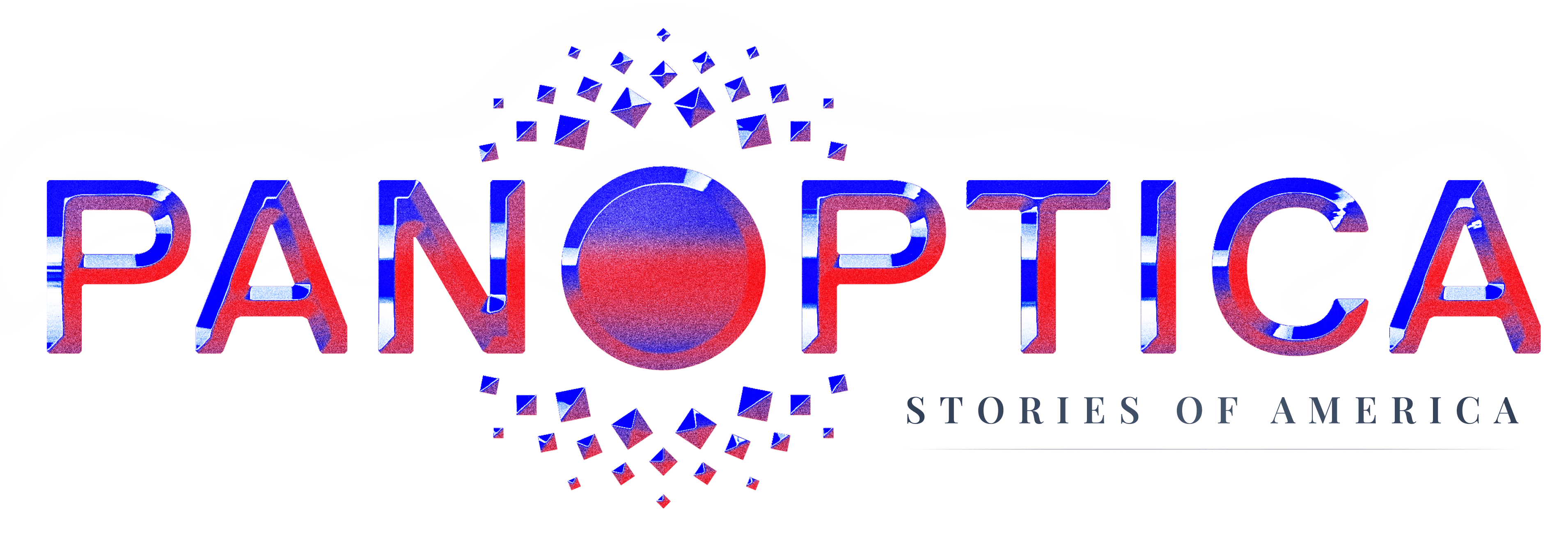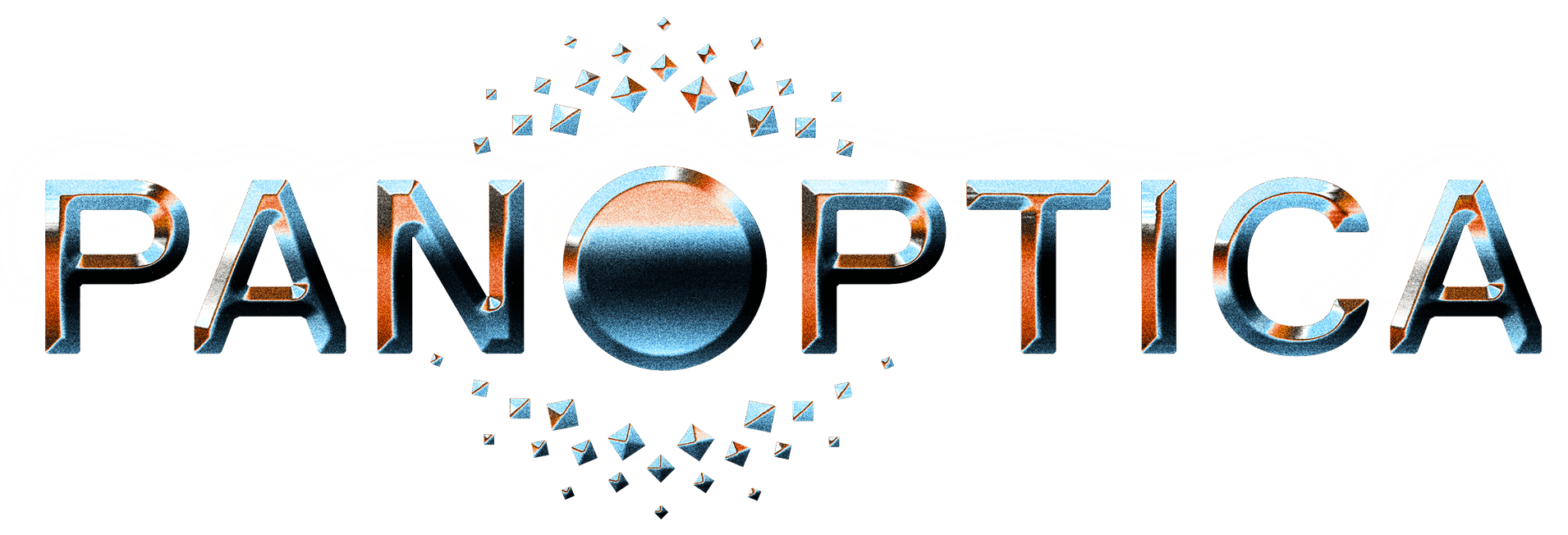
Language is conceived in sin and science is its redemption.
That's a quote from Willard Van Orman Quine (1908 – 2000), Van to his friends, for my money the most important American philosopher of the past 100 years. Akron-born and raised, US Navy lieutenant commander who helped crack German U-boat ciphers in the Enigma project, chair of the Harvard philosophy department for 22 years, father of four and grandfather of many, banjo player in a jazz band, fluent in eight languages, Quine is the antidote to Noam Chomsky’s linguistic theories and political crap.
I’ve been on one of those GLP-1 miracle drugs for the past 10 weeks ...
I've lost 25 pounds, which is a lot for me. Haven’t been at this weight in 15 years. Big changes like this are never easy, but … honestly, it’s been easy. It’s been easy because I’m not thinking about food. I’m not fretting about food. I’m not missing it, but I’m also not avoiding it. I enjoy food the same as I ever did, which is a lot, but I’m just not eating or drinking anywhere near the amount I used to. The miracle drug has changed the way I feel about food.
I’m a writer, so I’ve been trying to come up with words to describe this change in the way I feel about food, but I’ve had very little success. I’ve got words to describe the change in my behavior around food, but I don’t have words to describe the change in my thinking about food, in my mental state about food. I don’t have words to describe my mental state about food, because I’m really not sure what that mental state is anymore.
All I know is that the words I used to have – words like ‘hungry’ and ‘will power’ – are just totally wrong.
After the last few months on the miracle drug, during which time I’ve never eaten less and never had an inkling of being hungry, I’m pretty sure that I’ve actually never been hungry in my life, that whenever I thought “I’m hungry” in the past, that was just some gut secretion firing off some brain hormone to make me think that. As for ‘will power’, which has always been presented to me (and I have presented to myself!) as a moral virtue and strength of character that skinny people have in abundance and which I used to possess to some limited degree but somehow lost in a fall from grace, well it turns out that’s just another gut secretion and brain hormone, too.
I don’t know what the right words are, but I am certain that words like ‘hungry’ and ‘will power’ are the wrong words. I am certain that these words are a profound mistranslation of my physical, experiential relationship with food, and that the mental state encompassed by those words is a made-up story, someone else’s story. Maybe not a lie in the sense of an intentional mistruth, but absolutely a mistranslation of a biological reality that has caused no small amount of remorse and anxiety in my mental state about food for most of my adult life. Words ‘conceived in sin’, as Quine would put it.
And that’s not the half of it. There’s been a loss of words around my relationship with food, not a change of words. Words like ‘hungry’ and ‘will power’ are gone, but there are no new words to replace them. My relationship with food today is largely wordless, a byproduct of hormone levels and agonists and gut flora rather than words and conscious semantic patterns. And without words, I don’t have thoughts. I literally do not think about food the way I used to or as much as I used to. I can’t describe my mental state around food today because I no longer know if I even have an independent, non-hormone controlled mental state when it comes to food!
This is crazy to me. My entire life, I have had a mental state – and the words to express that mental state – about everything in my life. Everything! Moreover, the words in my head were MY words. Of course I have influences. Of course I took some ideas at face value. But I’m not a puppet to my biology or my influences, not in my thinking anyway. Right? Right?
Now I’m not so sure.
Now I’m asking myself where else I’ve been yanked around like a marionette in my thinking, especially when I see things and experience things that are totally at odds with the words and the stories I tell myself about myself, like when I tell myself that I am a patriotic American and that this is a good country even as I see militarized and masked government agents arrest people without warrants because they have brown skin or a Hispanic last name, even as I see fellow Americans shrug at assassinations and murder if they don’t like the victim’s politics.
Now I’m asking myself if the stories that I have in my head about America are just made-up stories, someone else’s stories, that I absorbed into my mental state simply because they were shouted at me long enough and loudly enough.
Now I’m asking myself if words like ‘patriotic’ and ‘liberty and justice for all’ have any more connection to my political reality than words like ‘hungry’ and ‘will power’ have to my physical reality.
These are tough questions, and I’m not yet sure where I’m going to land. But what I’m sure about is that it’s long overdue to ask myself these questions, and that if I do land on a reaffirmation of patriotism and a belief in America as a good nation it will be MY thinking that lands me there, not some biological impulse to belong to a tribe and not someone else’s made-up story.
Here's how I intend to find my answers, not by thinking harder but by experiencing more.

A rabbit scurries by, the native says ‘Gavagai’ , and the linguist notes down the sentence ‘Rabbit’ (or ‘Lo, a rabbit’) as tentative translation, subject to testing in further cases. The linguist will at first refrain from putting words into his informant’s mouth, if only for lack of words to put. When he can, though, the linguist has to supply native sentences for his informant’s approval, despite the risk of slanting the data by suggestion.
The difficulty is that an informant’s assent to or dissent from ‘Gavagai?’ can depend excessively on prior collateral information as a supplement to the present prompting stimulus. He may assent on the occasion of nothing better than an ill-glimpsed movement in the grass, because of his earlier observation, unknown to the linguist, of rabbits near the spot. There may be a local rabbit-fly, unknown to the linguist, and recognizable some way off by its long wings and erratic movements; and seeing such a fly in the neighborhood of an ill-glimpsed animal could help a native to recognize the latter as a rabbit.
W.V.O. Quine, Word and Object (1960)
Quine’s point goes by the technical terms ‘inscrutability of reference’ and ‘indeterminacy of translation’, and he’s saying that it is not just difficult but impossible to connect a word to an object with certainty. The anthropologist may believe with some confidence that when a hunter points at a rabbit hopping along and says ‘Gavagai’ that it’s correct to translate that word as ‘rabbit’, but it can only be degrees of confidence. It’s never certain. It’s never definitional. It’s never axiomatic.
It’s an important point, because we are all anthropologists and translators of our own lives and our own experiences. We go through life and we try to understand the things that happen to us or the things that we feel or the things that we see, and our parents or our teachers or our neighbors or our leaders or our experts or our TV shows are constantly shouting words at us that we are supposed to associate with those things.
Everyone is pointing and shouting ‘Gavagai!’ at us, all the time.
We translate our feelings and our experiences into these words that are shouted at us, and we use those words to create a coherent mental state about those feelings and experiences, a mental state that we hope will lead to a more successful navigation of life.
Quine is saying that we’re going to make mistakes as we translate our lived lives of feelings and experiences into words and thoughts. Lots of mistakes. Words are fundamentally untrustworthy. Your mental world is fundamentally uncertain and only probabilistically correct. You can hardly trust your own mental world as a source of truth, and you certainly can’t trust anyone else’s mental world as that source. No, the only source of probabilistic truth – of translation with confidence – is actual experience. Quine was famously a ‘first principles’ kind of guy. Not first principles in the sense of some ethereal thought process handed down from on high, but first principles in the sense of experience.
First principles in the sense of a reality lived by us rather than a reality declared to us.
This is the way.
This is the American way, from William James through John Dewey through Van Quine, with a philosophy of mind based on a pragmatism of experience, consequence and small-s science, not an edifice of metaphysical thought for thought’s sake.
Life is agid, life is fulgid. Life is what the least of us make most of us feel the least of us make the most of. Life is a burgeoning, a quickening of the dim primordial urge in the murky wastes of time.
W.V.O. Quine, interview (1988)
Agid is an archaic word meaning ‘driven’, and fulgid is a rare word meaning ‘gleaming’. They’re good words! They ring true when I reflect on my own life and the burgeoning and quickening that has made it worthwhile, a burgeoning and quickening that starts with dim primordial urges like food and sex and becomes so much more through the application of language and words and a mental state of meaning. But our language and our words and our mental state of meaning – our thoughts! – must be earned if they are to be trusted. They must be earned if they are to be acted on with joy and belief. They must be earned if they are to be our story and not their story. They don’t have to be high-falutin’ or complicated. They just have to be earned through direct examination and lived experience.
It’s not that we spend too much time in our own heads, or worse, in the collective ‘head’ of social media. I mean, yes we do (or at least I do), but the sheer amount of time we spend there isn’t the main thing. It’s how we spend our time there – particularly in the shared and manipulated mental state of meaning that is social media – and the easy primacy we assign to external, motivated declarations of our social and political reality.
Our tools have evolved from labor-saving devices to thinking-saving devices, and in this way both America and our humanity are lost.
Enough.
I am determined to discover for myself and through my own experience if there’s still a there there in American political thought. I am determined to make the effort to travel and listen and see what America IS today, not how it is presented to me on social media or any other media, and I’ll write about it here on Panoptica. Like I say, I don’t know where I’m going to land on this. But America is worth the effort.




